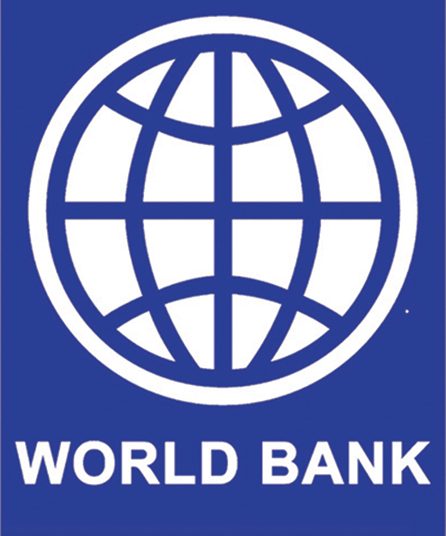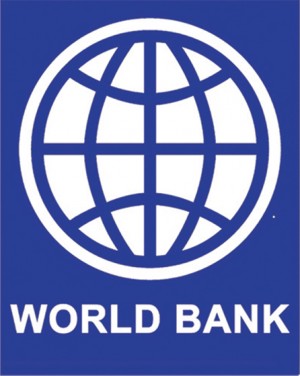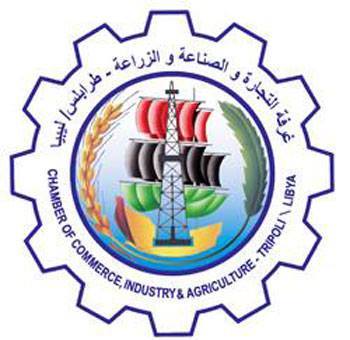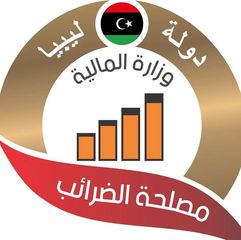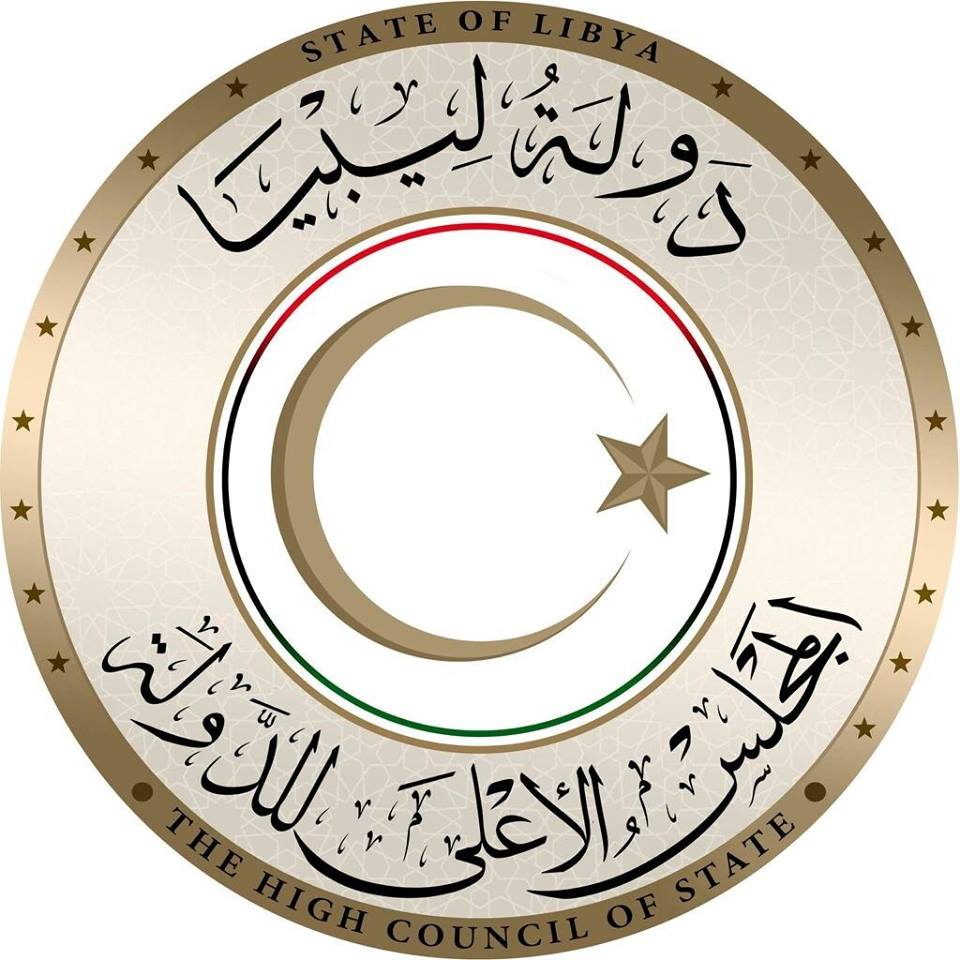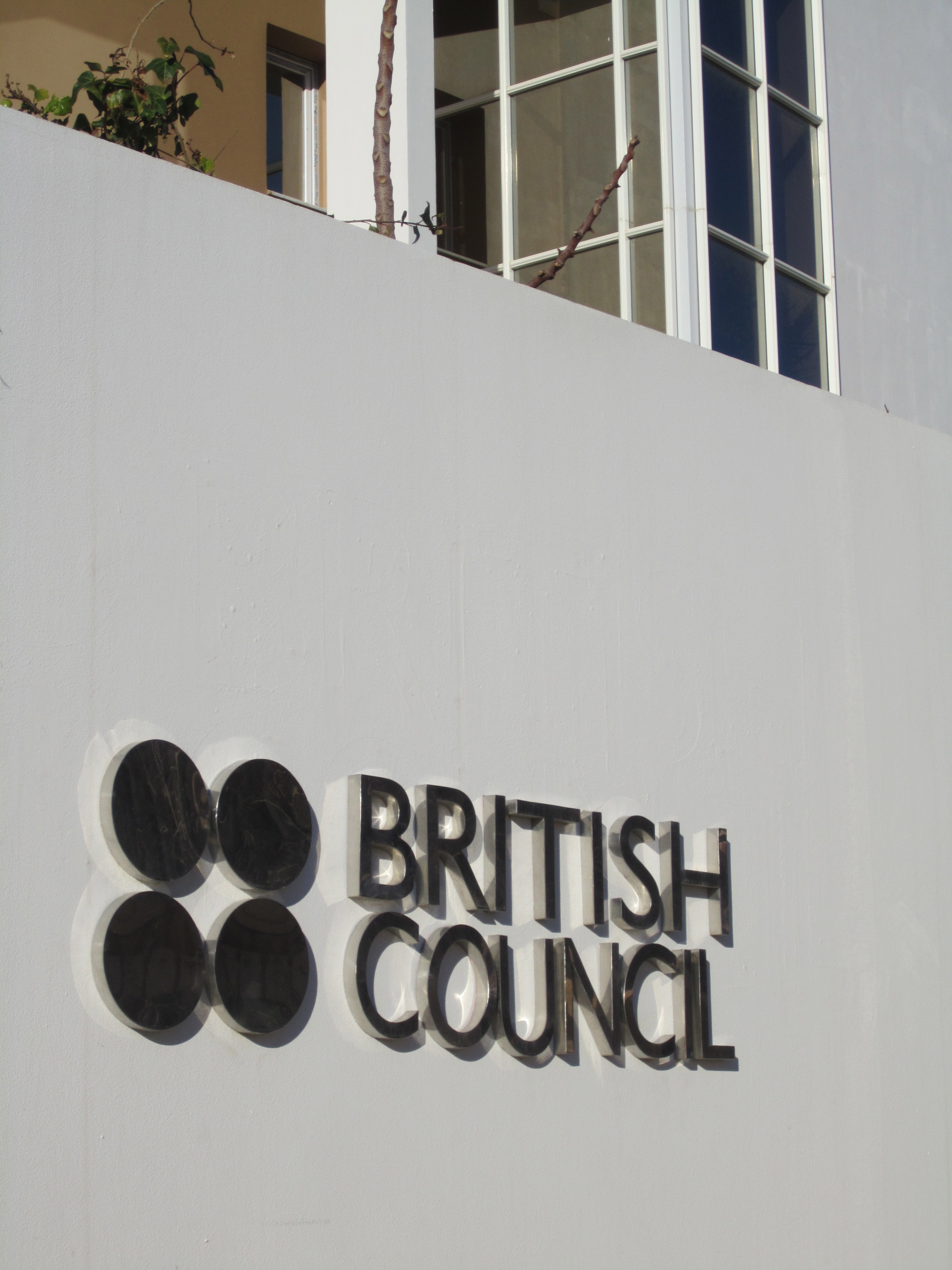By PK Semler.
Tunis, 10 March 2013:
The World Bank is holding off . . .[restrict]from financing a $50-million fund to develop electricity plants to serve Tunisian small-to-medium size businesses, the World Bank has said.
The stalled World Bank programme is seen as extremely important for the markets of Libya and Algeria where power supplies to SMEs and local infrastructure such as hospitals are erratic at best.
In a briefing at her office in Tunis with Capitol Intelligence, the World Bank’s regional representative Eileen Murray said the fund is “not a priority” for the bank and that it could wait for a number of years.
The delay by the World Bank has now put in question a programme of supplying some 200 megawatts of new capacity to Tunisian SMEs, of which about 100 megawatts would be supplied by small five-megawatt power plants serving key sectors such as ceramics, textiles and other SME industries with high energy needs.
Neijb Boujnah, a power engineering consultant, said that producing power with natural gas is six times cheaper than other means in Tunisia and that the use of co-generation plants could increase efficiency and lower CO2 emissions by 30 percent to 40 percent.
Sources close to the situation said the decision by the World Bank to go slow on the co-generation fund may stem from a controversy regarding the use of new and refurbished turbines in the five-megawatt plants.
ANME, the oversight group, is the middle of an ongoing debate whether it is better for Tunisia SMEs to use refurbished turbines at a lower cost or purchase new units. There are currently only two suppliers of this type of small turbine on the market: UK-based Centrax which uses Aero derivative technology developed by Rolls Royce and Canton Ticino, Switzerland-based Caterpillar subsidiary Turbomach.
Boujnah said he has proposed to ANME that Tunisian companies acquire refurbished turbines from Centrax as Tunisian companies need a quicker “pay back” than companies in the west.
He said that Tunisian banks will not provide lending for periods exceeding four years, so the less expensive alternative of refurbished turbines makes more sense for the Tunisian market.
“A five-megawatt plant costs a total of TND 8.5m if done with new turbines and TND 6m if they use refurbished turbines,” he said, adding. “It is only 20 percent price difference and of course it would be better to use new turbines if possible.”
Algeria electricity supplies are 50 percent less efficient than Tunisia while Libya electrical supply is going through a huge overhaul at the moment and may take years to create a stable and functioning energy industry.
The proposed World Bank program would have lent $50 million to banks at interest rates of 1.5 percent which would than be relent by local banks at a rate of 4.5 percent compared to the normal bank ending rate of 6 percent.
While Centrax and Tubromach have outstanding competitive issues regarding refurbished turbines, a Tunisian economic development source said that it is important that Tunisia require new turbines as it would make the Tunisian market more attractive for foreign investment.
“We all know that revised or refurbished parts do not excite top management as new orders,” the source said. “It does us little good if we are seen as a dumping ground for used European components, especially with our strategic neighbours in Algeria and Libya.”
Also speaking with Capitol Intelligence during a recent a recent conference in Italy, GE Italy CEO Sandro De Poli said the company’s new 10-megawatt J920 gas co-generation power plant would be perfect for the Tunisian, Libyan and Algerian markets.
However, the World Bank’s decision not go ahead with the cogeneration fund has triggered initial interest to launch a similar fund by the European Bank of Reconstruction and Development, International Finance Corporation, the Washington-based Overseas Private Investment Corporation and the Tunis-based African Development Bank.
Peter K. Semler is the Chief Executive Editor of Capitol Intelligence Group
[/restrict]
